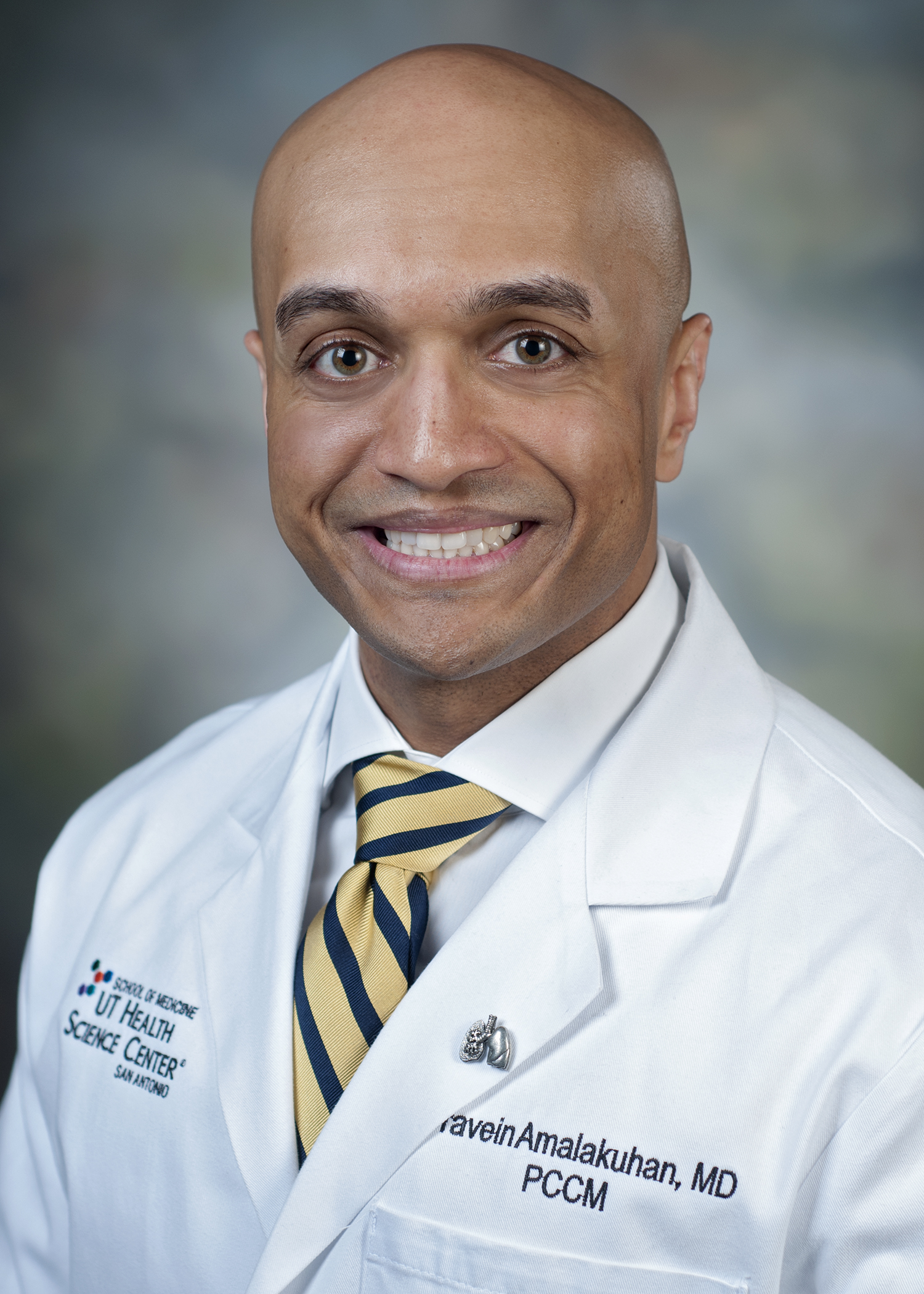Cardiac Surgical Critical Care Medicine: The Role Critical Care Physicians Can Play in Improving Outcomes After Cardiac Surgery
By: Bravein Amalakuhan, MD
July 10, 2017
This post is a part of our Life as a Fellow blog post series. This series includes "fellow life lessons" from current trainees in leadership with CHEST.
There is a quiet health-care crisis developing across the United States that hasn’t received enough attention. Cardiovascular disease accounts for more than one-third of deaths in the United States and is the leading cause of morbidity and mortality in the elderly, whose population is expected to double over the next decade to 71 million Americans. Cardiac surgery is a necessary treatment option for many of these cardiovascular diseases and is one of the most common surgeries performed in the United States.
Unfortunately, according to current estimates, there will be severe shortage cardiac surgeons in the United States by 2020, with 54% of active cardiothoracic surgeons expected to retire over the next decade. Furthermore, as the population ages and technology becomes more sophisticated, cardiac surgery is being performed on older, sicker, and more complicated patients.
"...according to current estimates, there will be severe shortage cardiac surgeons in the United States by 2020, with 54% of active cardiothoracic surgeons expected to retire over the next decade."
As a result, post-operative care is also becoming more complicated and involved, requiring greater amounts of time managing these patients at the bedside after cardiac surgery. This environment of increased demand for cardiac surgical procedures and a quickly declining supply of cardiac surgeons is creating a potential health-care crisis. To get ahead of this growing problem, we need a multifaceted solution involving in large part a cultural change to address both short-term and long-term needs.
So what’s a potential solution? Well, historically the bulk of post-operative care has been provided by cardiac surgeons. One short-term solution is allowing cardiac surgeons to spend more time in the operating room by allowing trained critical care medicine physicians to take on the often extensive, complex, and time- consuming responsibility of post-operative cardiac surgical care.
The post-operative course after cardiac surgery can be very complicated in which hemodynamic lability is the norm with every patient being in a combination of distributive, cardiogenic, and hypovolemic shock, often on multiple vasoactive drips that need continuous minute-to-minute titration. Coagulopathy, metabolic acidosis, arrhythmias, and electrolyte shifts are also expected requiring a dedicated and trained physician at the bedside especially during the first 24 hours to address these needs.
Studies have shown that intensivist involvement after cardiac surgery is not only associated with overall improved clinical outcomes but also decreased hospital length of stay and total health-care costs. Dr. Nevin Katz, a cardiac surgeon, intensivist, as well as the President of the Foundation for the Advancement of Cardiothoracic Surgical Care (FACTS-CARE) stated that “close collaboration between the intensivist and operating surgeon is essential for comprehensive post-operative care.”
“close collaboration between the intensivist and operating surgeon is essential for comprehensive post-operative care.”
This highlights the importance of intensivists working in collaboration with cardiac surgeons to ensure positive outcomes after complex cardiac surgeries. Many institutions have moved toward this intensivist model in cardiac surgical intensive care units (CSICU), but more are expected to catch on as this drought in the availability of cardiac surgeons looms closer, creating an increased demand for trained and experienced critical care physicians.
As a result of this changing health-care climate, cardiac surgical critical care is emerging as an important subspecialty within critical care medicine, requiring specialized knowledge and experience. Critical care medicine physicians come from a variety of training backgrounds, each offering unique and valuable skills but with varying amounts of experience working with this patient population. But in order for intensivists to be successful in this expanding role, the cardiac intensivist must have a comprehensive understanding of the physiologic consequences of cardiac surgery, knowledge of surgical anatomy, and the conduct of these actual surgical procedures within the operating room.
There are only two specialized cardiac surgical critical care medicine training fellowships in the United States, leaving the bulk of training up to general critical care medicine training programs. Many new critical care medicine graduates are beginning right away, spending a considerable sum of their clinical time in the CSICU, creating a transition period with unique challenges. At the University of Texas Health at San Antonio, these unique challenges are being addressed by developing an innovative cardiac surgical critical care medicine curriculum to teach its pulmonary-critical care medicine trainees the vital skills and knowledge required to be successful in the CSICU and to positively impact outcomes in this often complex patient population.
This curriculum will also include providing trainees with knowledge of the Society of Thoracic Surgeons (STS) quality/performance metrics that are important to cardiac surgeons, hospitals, and patients alike, allowing graduates to take on leadership roles in the CSICU. CHEST is also expected to take on a leadership role in this area in upcoming years as a response to this need, furthering educational development in cardiac surgical critical care.
Additional resources:
 Dr. Bravein Amalakuhan is a graduate of St. George’s University School of Medicine. After completing his internal medicine training at the Pinnacle Health Hospitals Network in Harrisburg-Hershey, PA, he completed a Cardiovascular Surgical Critical Care Medicine Fellowship at Johns Hopkins University. He is currently in his third and final year as a pulmonary and critical care medicine fellow at the University of Texas Health at San Antonio.
Dr. Bravein Amalakuhan is a graduate of St. George’s University School of Medicine. After completing his internal medicine training at the Pinnacle Health Hospitals Network in Harrisburg-Hershey, PA, he completed a Cardiovascular Surgical Critical Care Medicine Fellowship at Johns Hopkins University. He is currently in his third and final year as a pulmonary and critical care medicine fellow at the University of Texas Health at San Antonio.